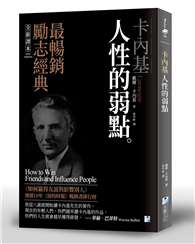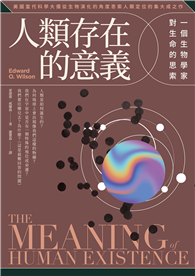A brilliant philosopher and his
influence on the rise of Martin Luther King Jr. and the Civil Rights Movement
While intellectual histories of the civil rights movement often
center Martin Luther King Jr.’s writings, author Larry Omar Rivers
argues that this approach leaves out the scholar-activists who set the
path for King. In this volume, Rivers tells the mostly unknown story of
James Hudson (1903-1980), a Black philosopher, Florida A&M
University professor, activist, and religious leader whose philosophical
contributions laid a key piece of the groundwork for the emergence of
the Civil Rights Movement.
Drawing on little-used primary
source documents and original interviews with people who knew Hudson
well, Rivers examines how Hudson’s training at Morehouse College,
Colgate-Rochester Divinity School, and Boston University shaped his
approach to scholar-activism, including his decision to become a
Personalist philosopher. As Rivers shows, Hudson crafted an influential
philosophy of life--a blend of Socratic inquiry, moral imagination,
African American spirituality, and Gandhian nonviolence--that became an
essential foundation for the rise of King, another Personalist
philosopher. The book also sheds new light on the connections between
the 1955 Montgomery Bus Boycott and the lesser-known 1956 Tallahassee
Bus Boycott, which together helped spark the formation of the Southern
Christian Leadership Conference.
This
long-overdue biography is not only an insightful exploration of the
intellectual and activist landscape of the Black community from the
1930s to the 1960s but also the story of an unsung hero and his
involvement with important scholarly communities that influenced the
trajectory of the Civil Rights Movement.
through the American Rescue Plan grant from the National Endowment for the
Humanities.












